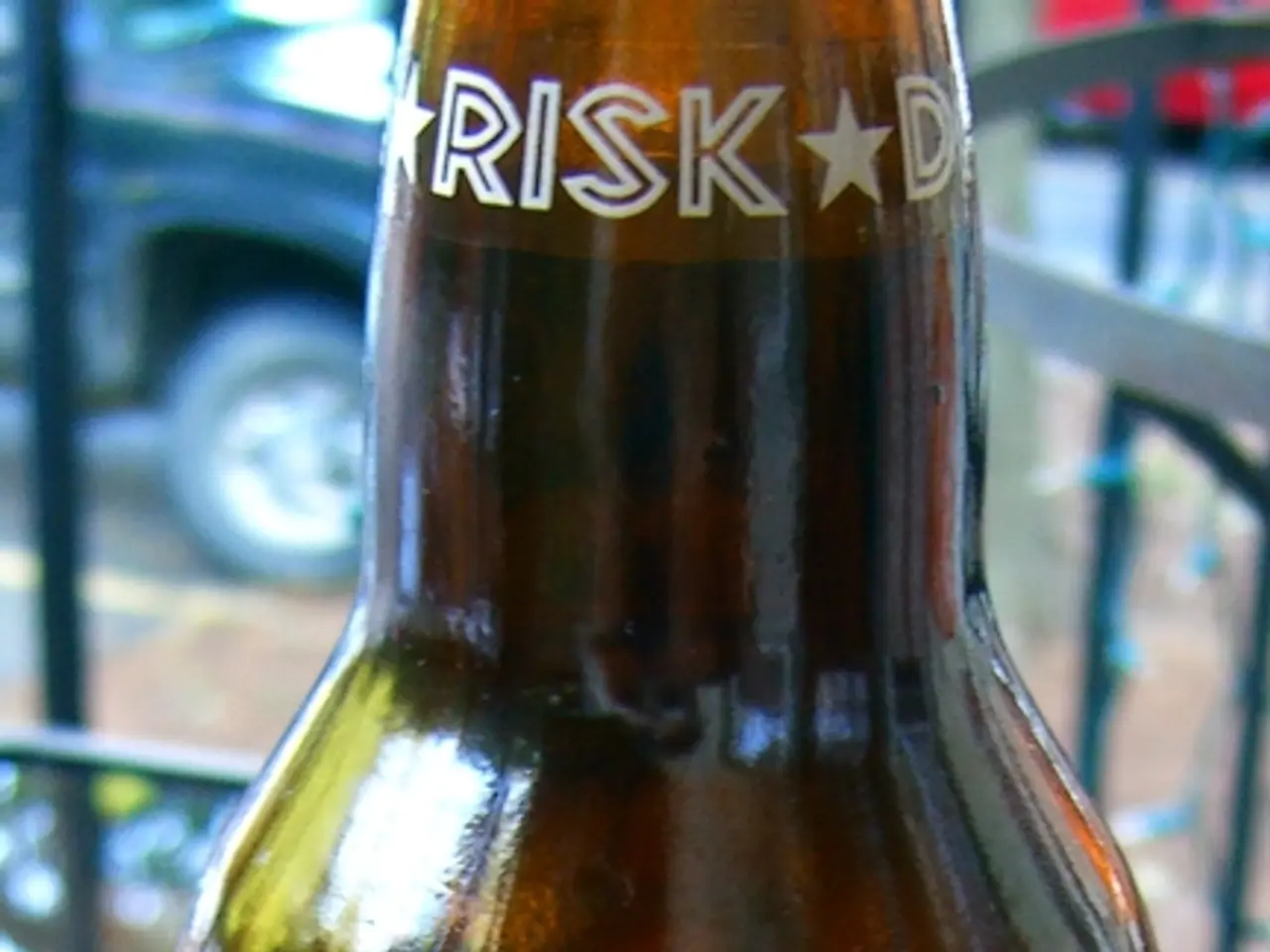Strategies for Overcoming Compulsive Gambling Habits
In the heart of Hong Kong lies Kai Tak, a place once known for its bustling gambling scene. Contrary to some embellished tales, the memory of Kai Tak as a gambling city remains authentic, serving as a reminder of the potential challenges that gambling can pose.
For those struggling with gambling addiction, seeking help is the first step towards recovery. Acknowledging the problem is essential, and reaching out to healthcare providers or specialized counseling services is crucial. These services offer therapy, support groups, and sometimes medication to help manage the addiction.
Confidential helplines such as the National Problem Gambling Helpline (1.800.GAMBLER) are available 24/7, providing guidance and resources for those in need.
Certified gambling counseling services are offered by specialized addiction treatment centers and clinics. For instance, Smarmore Castle provides confidential residential treatment with a multidisciplinary team using evidence-based care. Outpatient clinics like My Psychiatrist offer therapy, medication management, and innovative treatments tailored to gambling addiction and associated mental health conditions. Online therapy platforms like BetterHelp can connect you to licensed, accredited therapists who specialize in gambling and related issues.
Treatment approaches often combine behavioral therapy methods such as cognitive behavioral therapy (CBT), dialectical behavioral therapy (DBT), and motivational interviewing. These help in relapse prevention, managing urges, and coping with triggers. Family therapy and counseling can play a key role in healing relationships and financial damage caused by gambling.
Some treatment programs also address co-occurring disorders like substance use disorder to provide holistic recovery support. Insurance coverage for gambling addiction treatment varies, but many behavioral health plans include support for this disorder, and telehealth or sliding-scale payment options may enhance accessibility.
Up to 70% of those with gambling addictions may have other psychiatric conditions, and medications may be prescribed to help reduce the urge to wager.
It's important to avoid environments that lead to gambling and to replace gambling with a positive activity or hobby. Family and friends, as well as support groups like Gamblers Anonymous, can provide valuable support throughout the recovery process.
In summary, seeking help from healthcare providers or specialized gambling addiction centers, utilising certified gambling counseling services, engaging in evidence-based therapies, considering support groups, exploring online therapy platforms, checking insurance coverage, and replacing gambling with a positive activity or hobby form a multi-faceted approach to supporting recovery from gambling addiction. This approach addresses the behavioral, emotional, and social aspects of the addiction, aiming to help individuals regain control of their lives.
Science and health-and-wellness intertwine in the treatment of gambling addiction, with mental-health professionals often employing various therapies-and-treatments to help individuals manage and overcome their addiction. For instance, cognitive behavioral therapy (CBT), dialectical behavioral therapy (DBT), and motivational interviewing are frequently used to reduce urges, prevent relapse, and cope with triggers, while family therapy and counseling can aid in healing familial and financial damage caused by gambling. Online platforms like BetterHelp can provide access to specialized therapists, and insurance may offer coverage for treatment.




